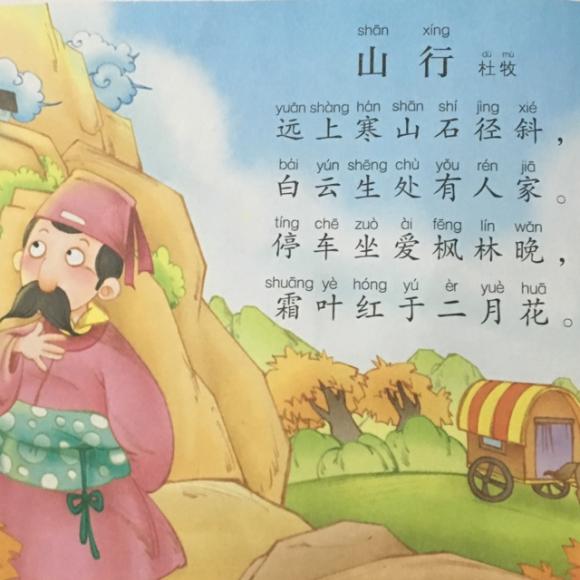What are Li Shimin’s tricks for dealing with corrupt officials? Below, the History Encyclopedia editor will bring you a detailed article introduction.

Li Shimin is one of the few wise rulers in Chinese history, and his literary and martial arts have always been highly respected by later generations. A bizarre move made in the case of official corruption, although it may seem funny, has greatly reduced the occurrence of corruption and bribery among officials.
Although Li Shimin was a capable ruler, he also had some hobbies, such as drinking good wine, which may have been a habit developed while leading troops in battle. Therefore, I am not familiar with the culture at the dinner table at all. For example, if someone says the wrong thing or is late for a banquet, they will be asked to “get a glass of fine”. However, the word ‘punishment’ doesn’t sound good. Some people suggest using ‘reward’ instead, which means the same thing – this glass of wine must be finished.
Li Shimin was deeply inspired by this incident and developed a unique approach to dealing with corrupt officials. He turned “punishment” into “reward”, which means “I will reward you as much as you are greedy”. The effect was quite good, causing unbearable suffering for corrupt officials. Changsun Shunde was a founding hero of the Tang Dynasty, awarded the title of Duke Xue and listed among the 24 meritorious officials of Lingyan Pavilion. However, he was also the most famous corrupt official in the early Tang Dynasty and was eventually dismissed from office.

Once, Changsun Shunde received twenty pieces of silk bribed by someone else. Upon learning of this, Li Shimin convened a court meeting for fifth grade officials. At the Jinluan Hall, Li Shimin announced the bribery situation of Changsun Shunde. The ministers thought that the emperor would punish him next, but Li Shimin said, ‘Since Changsun Shunde took bribes of twenty pieces of silk and claimed that his family lacked silk, it is my responsibility. Today, I will reward him with twenty pieces of silk.’.
After speaking, he ordered the palace guards to bring in the silk and press it on Changsun Shunde’s back, and asked him to personally carry it back. Upon seeing it, the ministers chuckled and stole their laughter. Changsun Shunde stood awkwardly in the main hall, with things too heavy to carry on his back. Li Shimin later announced, ‘If anyone takes bribes and embezzles in the future, I will reward you as much as you want, but you must personally carry it home.’. After this incident, corruption incidents significantly decreased.
Why is Li Shimin’s method effective? Although it looks gentle, it is actually very uncomfortable. Li Shimin once said: Life is full of vitality, and getting silk is better than being punished. If one does not know how to be ashamed, what is the benefit of killing a beast? The principle of asking corrupt officials to carry back their stolen goods is the same as engraving words on their faces. The purpose is to cultivate a sense of shame in people. When a person’s sense of shame stands up, their awareness of “prudence and independence” will be strengthened, and corruption will be reduced.
Of course, this method also has limitations and must meet three requirements: 1. It must be publicly disclosed in a meeting to make corrupt individuals feel ashamed; 2. Corrupt items must be physical in order to be transported; 3. The amount of corruption cannot be too large, otherwise the Tang Dynasty treasury cannot support it. In this way, this method is no longer suitable for today.


